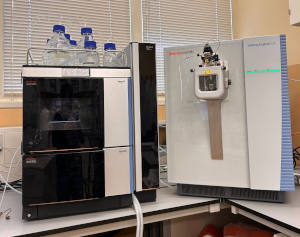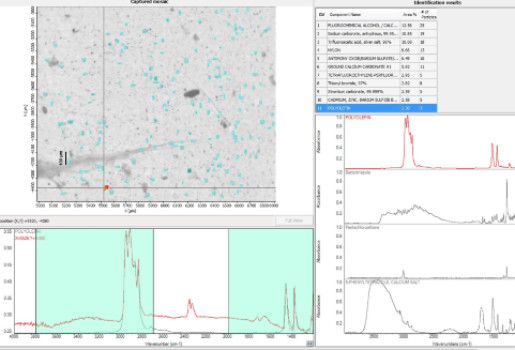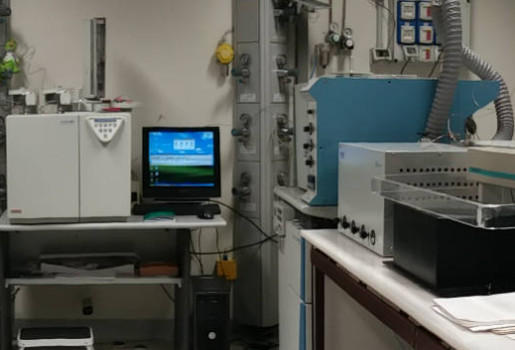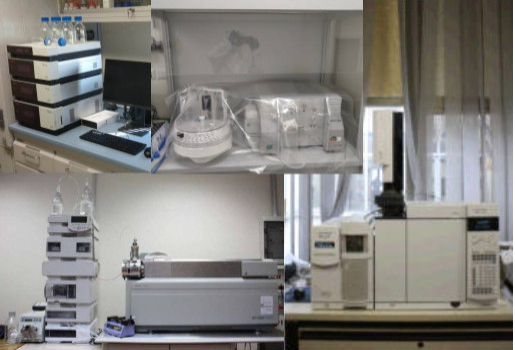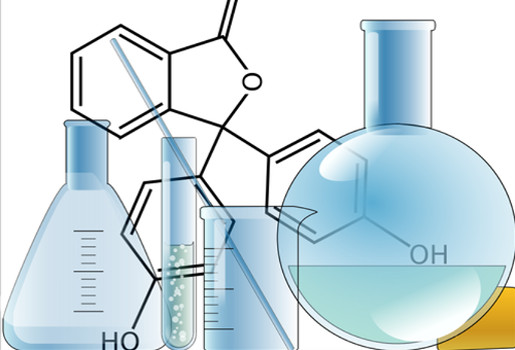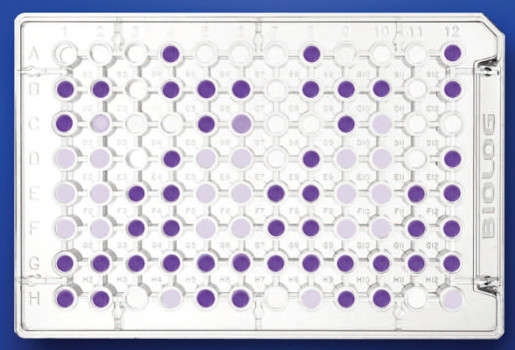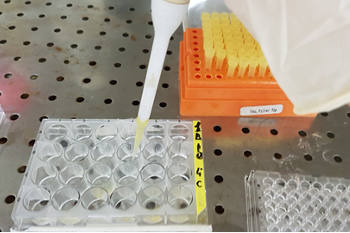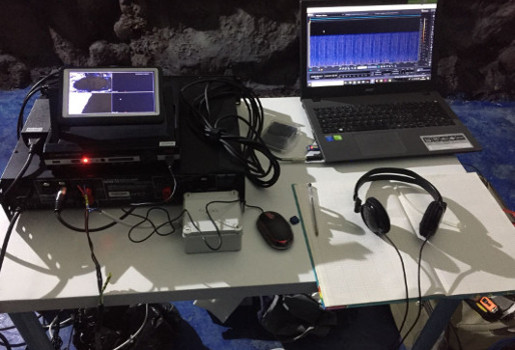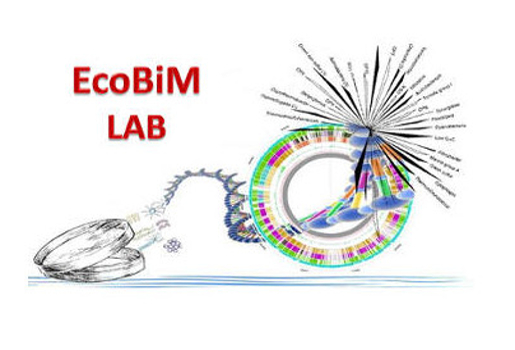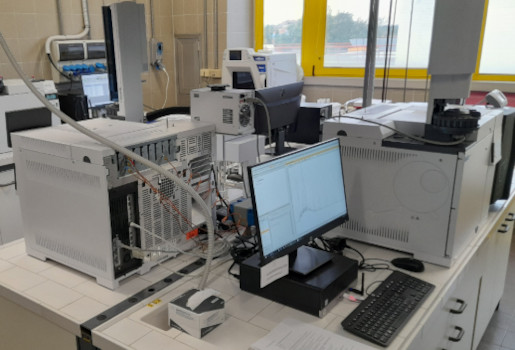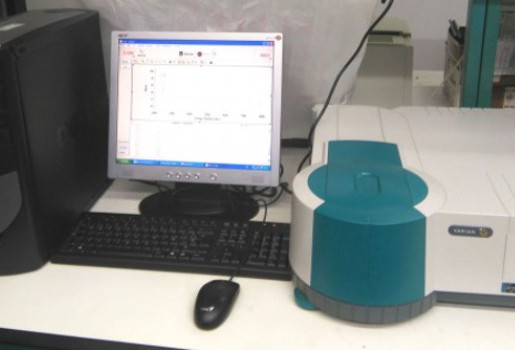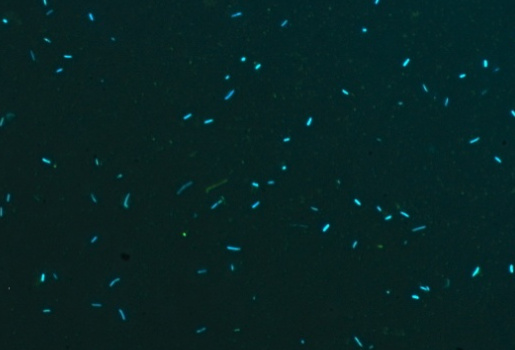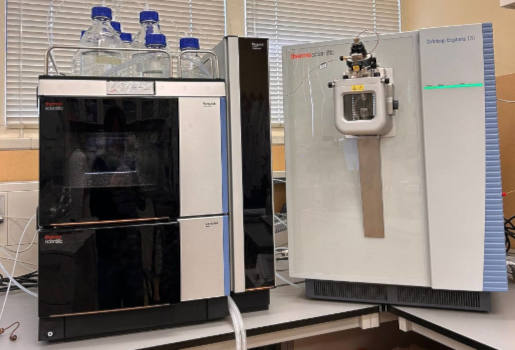Brief description
The experimental activities carried out at the MicroChem Lab in Rome focus on the analytical determination of legacy and emerging organic micropollutants and their metabolites, in order to understand their diffusion, distribution, persistence dynamics and fate in the environment. The studies performed at the MicroChem Lab aim also to study the relationships between the climate change and the spread of contaminants at global and local scale. For these purposes, the development and optimization of highly specific and sensitive analytical methodologies for the detection of chemicals at trace and sub-trace concentration levels in the environmental matrices, is required.
Environmental compartments
The experimental activities focus on aquatic and terrestrial ecosystems, therefore the environmental matrices of interest are: Surface waters and sediments (seas, rivers, lakes), snow/ice, soils, aquatic and terrestrial vegetation, biota.
Analytical techniques
The analytical determination of the organic micropollutants is performed by the combination of:
- Pre-treatment methods (e.g. freeze-drying, filtration, etc.);
- Extraction/Clean up methods (solid-phase extraction-SPE, pressurized liquid extraction-PLE, liquid-liquid extraction-LL);
- Sensitive and selective analytical methods based on the coupling of chromatographic techniques (HPLC or GC) with fluorescence, FID-ECD and mass spectrometry detection.
Equipment
The MicroChem Lab is equipped with the following analytical tools:
Benchtop lyophilizer (freeze-dryer LABCONCO) 2.5 L capacity, equipped with a touchscreen display, for the pre-treatment of solid matrices subsequently extracted with PLE.
Solid Phase Extraction (SPE): 12 inlets solid phase extractor connected to cartridges packed with specific adsorbents for the extraction of target compounds from liquid matrices through a vacuum system.
Sonicator (Branson, mod. 2510) for the extraction of chemical compounds from solid matrices by using suitable solvents.
ASE 150 (Dionex, Thermo Scientific) to perform pressurized liquid extraction (PLE) of organic pollutants from solid matrices.
Speed Extractor E-916 (Buchi) to perform simultaneous pressurized liquid extraction (PLE) of 6 samples, operating in different modes.
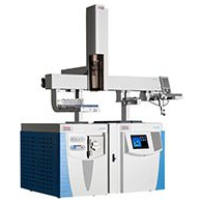 Rotavapor R 100 (Buchi), equipped with an electronic interface to control the vacuum system and the recirculating chiller.
Rotavapor R 100 (Buchi), equipped with an electronic interface to control the vacuum system and the recirculating chiller.
Gas chromatograph (Thermo Fisher, Trace 3000) coupled to mass spectrometry (MS) detector (Thermo Fisher, ISQ7000). The device is connected to an autosampler (Thermo Fisher. AI 1310) and is controlled by a Chromeleon software.
HPLC (quaternary pump, column Oven mod. LC-100 and Micro Pump Series 200, Perkin Elmer, USA) coupled to a fluorescence detector (Perkin Elmer Series 200a). The device is controlled by a Chromeleon Software.
HPLC (binary pump, Vanquish TM Core HPLC system, Thermo Scientific TM, Italy) coupled to a high-resolution mass spectrometer (Orbitrap Exploris 120, Thermo Scientific TM, Italy). The device is controlled by XcaliburSoftware (version 5.1).
Contact person: Dr.Luisa Patrolecco – luisa.patrolecco AT cnr.it







